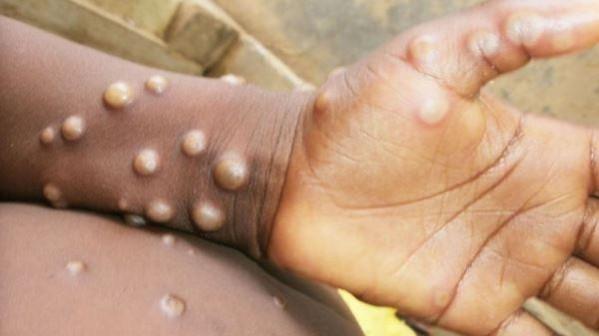
The world is currently grappling with a global outbreak of Clade II mpox, a disease endemic to West Africa. The outbreak, which began in 2022, has seen a decrease in cases since its peak in early 2023, but continues to be reported at low levels in many countries. The disease is considered less severe, with a survival rate of over 99% among infected individuals. The outbreak is primarily caused by Clade II mpox, but a newer outbreak in Central and East Africa is caused by Clade I mpox. The number of illnesses reported recently is far below the peak of the outbreak in July and August 2022, when the national 7-day average was more than 450 cases a day (or more than 11,000 per month). U.S. case counts have remained consistent at about 250 a month since October 2023. In 2023, there were a total of about 1,700 cases. So far in 2024, about 1,900 cases have been reported.
Clade II mpox is still mostly being spread through sexual and intimate contact, and in the United States, gay, bisexual, and other men who have sex with men are at the highest risk of getting mpox. A CDC study indicates that getting two doses of mpox vaccine works to prevent mpox. It's rare for people to get mpox after they've been fully vaccinated or recovered from a prior infection. Tecovirimat (TPOXX) is an investigational antiviral drug that has been used to treat mpox, especially people with severe mpox or who are likely to get severely ill. The safety and effectiveness of TPOXX are being evaluated through the STOMP clinical trial. If you know someone newly diagnosed with mpox, encourage them to join this trial to get access to TPOXX and help people in the future.
The World Health Organization (WHO) has launched a global strategic preparedness and response plan to contain the mpox outbreak. This plan involves an appeal for $135 million to fund global coordination, critical research, and public health responses. Member States are contributing to the plan, with countries like Japan, Spain, the European Commission, Germany, France, and the US pledging vaccine donations. The Africa CDC estimates a potential need for up to 10 million vaccine doses, highlighting the importance of international support and resource sharing to combat the outbreak effectively. Medical experts in the Bay Area say it's too early to start worrying about the latest mpox outbreak. The nature of mpox transmission, primarily through close contact, makes widespread lockdowns unnecessary. Public health measures like early detection, isolation, and targeted vaccinations are seen as key to managing the outbreak. The risk of widespread transmission outside Africa is considered low, and experts emphasize that an infection anywhere is a concern but does not necessarily warrant broad lockdown measures.

The current situation is reminiscent of the HIV/AIDS epidemic that began in the late 20th century. Like mpox, HIV is primarily spread through sexual contact and disproportionately affects certain populations, including gay and bisexual men. The global response to HIV/AIDS has involved extensive research, the development of antiretroviral therapies, and international cooperation to provide access to treatment. The lessons learned from the HIV/AIDS epidemic may prove valuable in addressing the current mpox outbreak.
While the disease is less severe than some other infectious diseases, its continued spread underscores the need for effective prevention strategies, including vaccination and public education about the modes of transmission. The ongoing research into treatments like TPOXX, as well as the lessons learned from past epidemics like HIV/AIDS, will be crucial in managing this outbreak and preventing future ones. The world has faced similar challenges before, and with concerted effort and cooperation, we can overcome this one too.

















